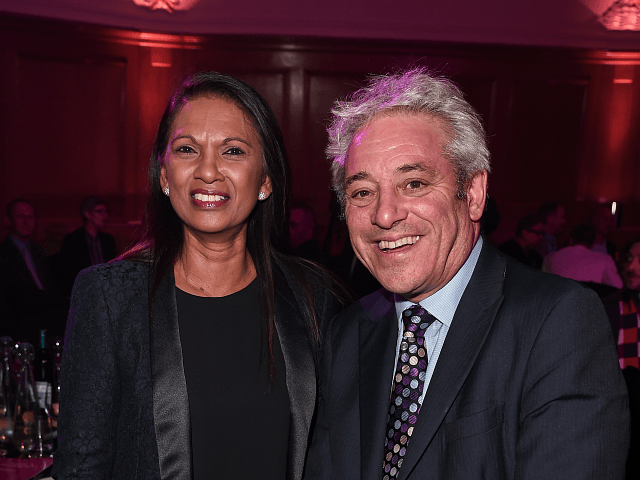The new speaker of the House of Commons, Lindsay Hoyle, has said that his predecessor John Bercow should be given a seat in the House of Lords because it is a tradition.
“My view is every speaker has been offered a peerage. So custom and practice says that’s what’s always happened — I wouldn’t break that custom and practice,” he told Pienaar’s Politics on BBC Radio 5 on Sunday.
Mr Hoyle, who was appointed the new speaker in November, continued: “My view is custom and practice, always been offered, doesn’t have to be taken. But I think, personally, if that’s what’s always happens we should continue with that… I think it should be offered to him. He has served the house, he served for 10 years, he did some great things — and that’s the difference.”
Usually, one of the first tasks of a new parliament after a Speaker retires is to approve a petition from Downing Street to elevate him to the upper house. However, Number 10 has so far withheld the request for ennoblement following accusations that John Bercow let his pro-Remain bias interfere with his neutral role as Speaker in recent years.
In January, the speaker had allowed a vote in the Commons which attempted to derail Brexit. He had allowed the amendment to a business motion despite Commons clerks, whose job it is to advise on matters of Parliamentary procedure, advising against it, leading to accusations that the move was intentional sabotage and in breach of precedent.
But in March, during one of former Prime Minister Theresa May’s failed Brexit votes, he had accepted four anti-Brexit amendments but not a cross-party amendment that sought to stop a potential second referendum.
Despite expectations that he would step down as Speaker in the summer — ten years after his appointment — he announced in May that he would stay on, in what Brexiteer lawmakers saw as Bercow hanging on to continue interfering in the Brexit process.
In July, Bercow said that a second referendum was “possible” and that “constitutionally”, there is no “legal reason or constitutional reason why it [the vote to Leave] shouldn’t be reversed by another referendum”.
While in August, he said that he would “fight with every breath” to stop Johnson suspending parliament as a means to prevent Remainers meddling further with Brexit.
After he stepped down from leader of the House of Commons in November, he dropped any pretense of impartiality and said that he thought the Brexit vote was “the biggest foreign policy mistake in the post-war period”, later admitting that he “facilitated” stopping a clean-break Brexit.
Prime Minister Boris Johnson is reportedly planning to elevate pro-Brexit specialists to the House of Lords in order to balance out the Remainer-dominated upper house.
A source had told The Telegraph last week: “It is being discussed in Downing Street. It’s time now to take the Lords on at its own game. They need more people in there to make the case for Brexit… They are looking to promote people of real talent who haven’t stood for election but whose expertise and specialist knowledge could prove invaluable when it comes to passing Brexit-related legislation.”
While a Cabinet source had said: “There are currently only 50 Eurosceptics out of nearly 800 peers. Rather than using up the quota on crony appointments, the rationale is to inject some expertise back into the upper chamber.”
